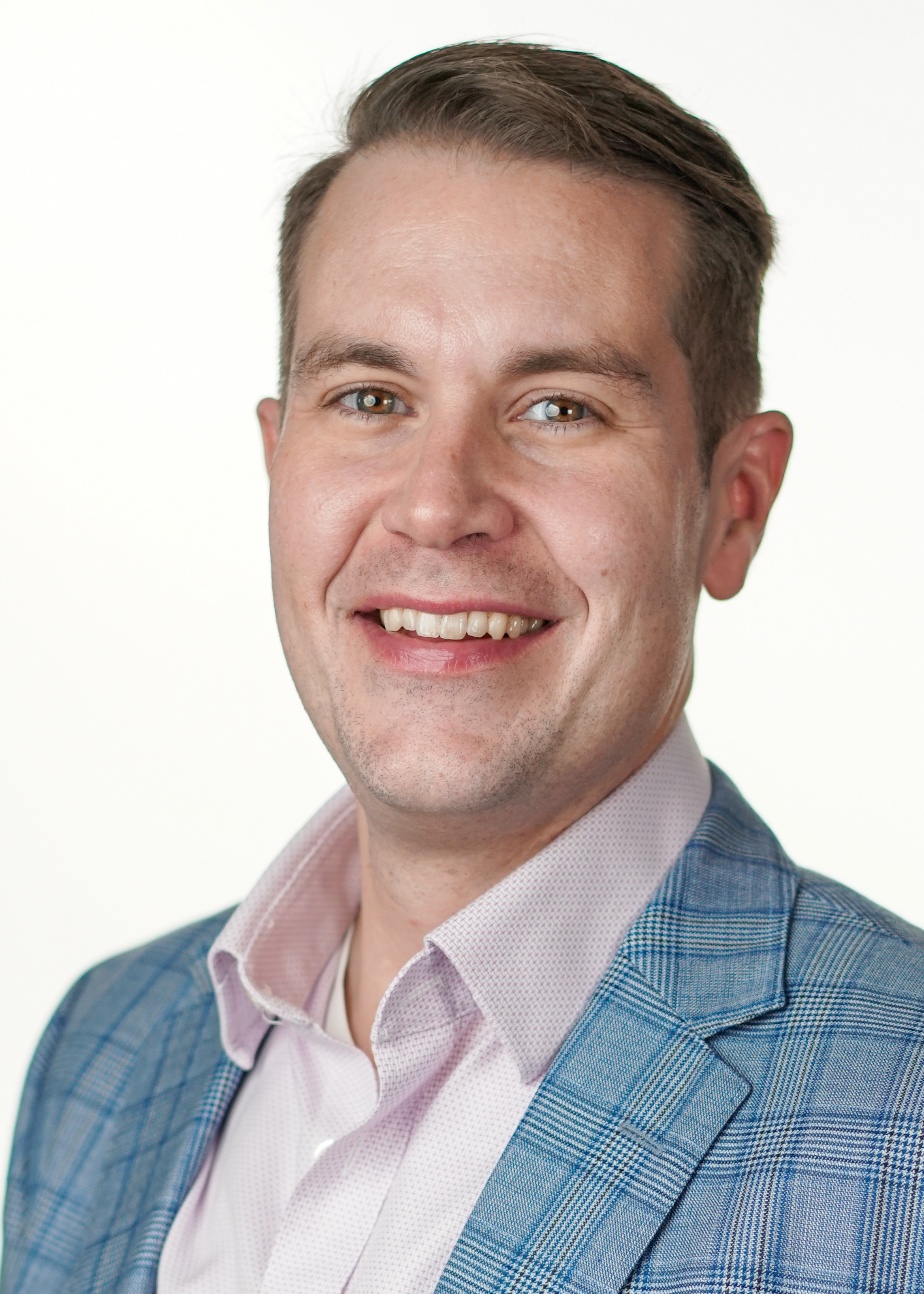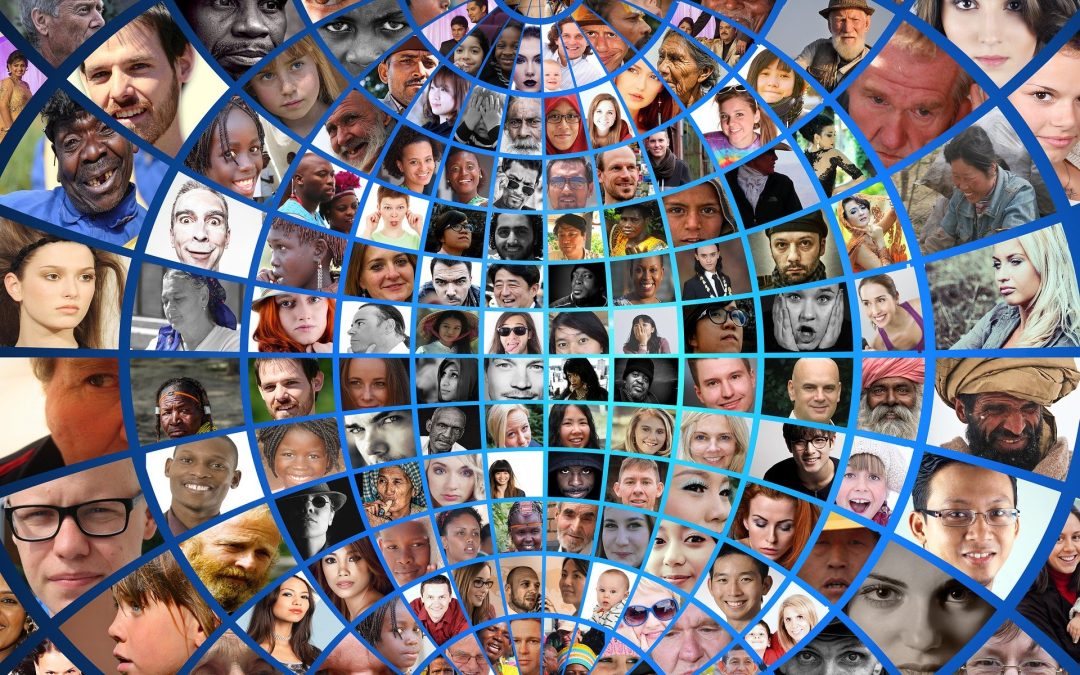I had the honor of speaking on a couple of panels at the September “National Latino Leadership Conference. My topics had at least one major theme in common: The great diversity within the US Latino population. This fact, of course, is one of the attributes that makes the US Latino experience so vibrant and so difficult to label. Polemically, however, the question before us is whether this broad spectrum could wind up serving to splinter a so-called “single” Hispanic voice on topics where a majority are in agreement, independent of their racial identity.
Many are aware that the 2020 US census represented a watershed for Latinos both in terms of absolute numbers and for the wide self-identification of being multi-racial. From the prior census, the Hispanic population in the US grew by 23.0%, to 62.1M. This jump represented over half of the total population growth in the country.
This greater representation – part of the so-called “browning of the US” – should hardly have bemused those following these trends. Nor should DE&I practitioners be surprised to discover that the topic of race can be messy when discussing the composition of the Latino population (and has been since the categorization of one’s blood lines among the elites of colonial Latin America).
The second and arguably even bigger finding from the 2020 numbers was the proportion of respondents now reporting themselves as multi-racial. That percentage shot up over 560% from 2010 so that today about one out of every three Hispanics in the US considers themselves some level of heterogeneous mix. Interestingly, while the percentage of Hispanics self-identifying as “White” saw a precipitous drop (such that today it now represents about one in every five), those choosing “White” along with some other race grew. Today, this latter proportion is up to one in four Latinos in the US.
The demographic shifts, then, may be straightforward to follow. However, for better or worse, what race means exactly to Latinos continues to be a topic up for discussion. For example, in the same 2020 Census, the high proportion of responses from Hispanics to the two questions asking for one’s ethnicity and race that showed incongruency suggested that for many, their race wasn’t necessarily White, Black, or “some other race,” but rather, being “Hispanic.” As such, listed ethnicities such as Mexican/Chicano, Puerto Rican, and Cuban often serve as frameworks within which Latinos see themselves racially.
Not surprisingly, polls have consistently shown that Latinos are quite inclusive – from higher-than-average rates of racial intermarriage to open-minded views on what constitutes being a Latino (e.g., fluency in Spanish or an Hispanic last name are typically not seen as impediments). Moving forward, this “big tent” mentality will serve the larger community well on topics including immigration, access to government benefits, and an opening-up of fair wage-paying jobs. Regardless, in looking ahead to the next major demographic count in this country, we can be sure to see both a larger overall Hispanic population and, within it, broader representation of racial identities and mixes.
About the Author

